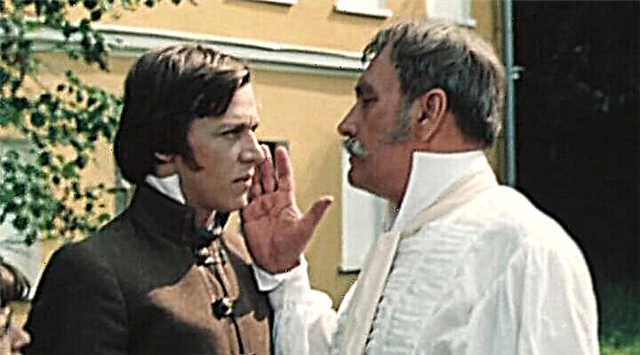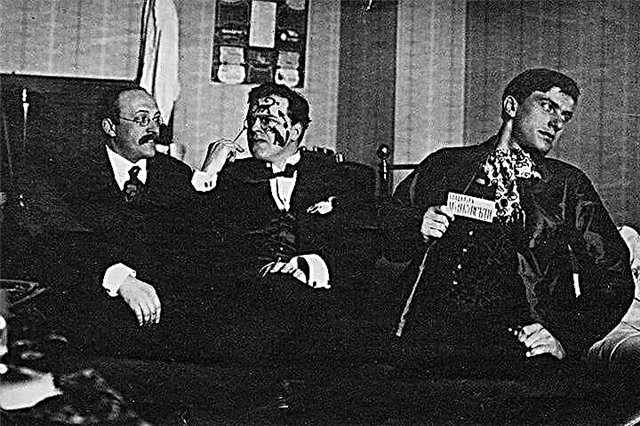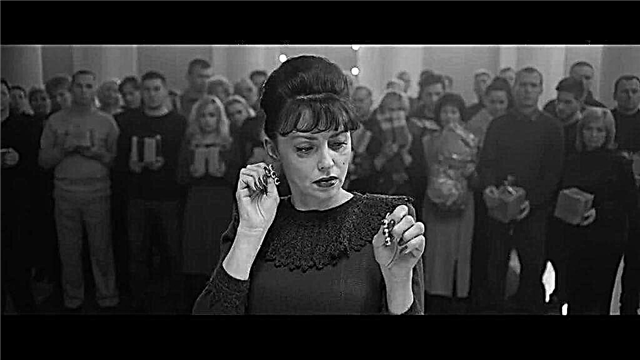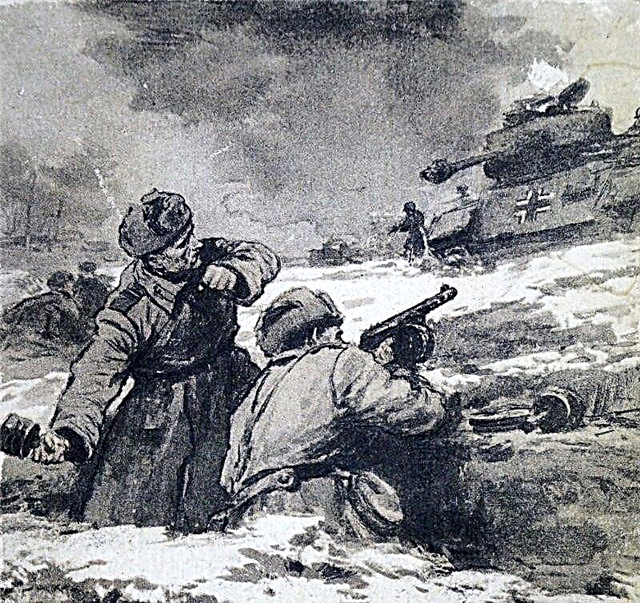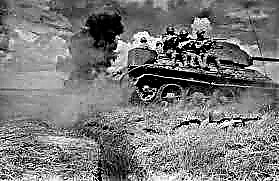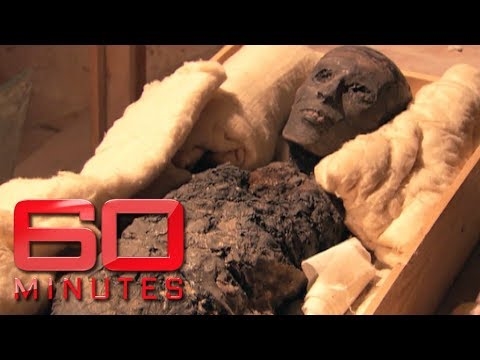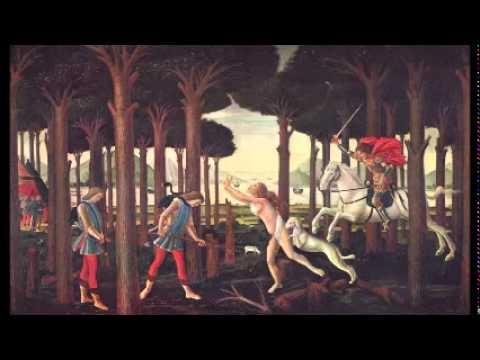“Prayer,” like many other works of ancient Russian literature, is deprived of a narrative of events. The whole text is the appeal of Daniel the Sharpener to the prince, his petition for mercy.
The main thing that Daniel suggests relying on in his life is his own mind. “My clothes are scarce, but there is a lot of reason.” Daniel asks the prince to rid him of poverty and grief, to protect him “with the fear of your storm”. The author contrasts the mind and wealth, pointing mainly to the rich nobles and boyars.
On the one hand, much of the text goes back to folk jokes, jokes, and proverbs. On the other hand, Daniel often refers to the scripture, quotes it. Talking about his life, Daniil, as it were, loses some situations: what can be done to get rid of need, and not to steal for me, and not to go to a monastery, and not marry a rich bride by calculation ... None of the ways will do for Daniel, he laughs at everything. The most expressive argument is why you should not get married. Here, the author follows the medieval tradition of describing "evil wives" (since the woman was originally a "vessel of sin", the image of the "evil wife" was very popular in Old Russian books). "An evil woman is like an abrasion: she overthrows here, it hurts here."Daniel ends his “Supplication” with a self-derogatory formula, which in the context of the whole work takes on a real meaning: “Maybe you say the prince: he lied like a dog, because princes and boyars love a good dog.”


